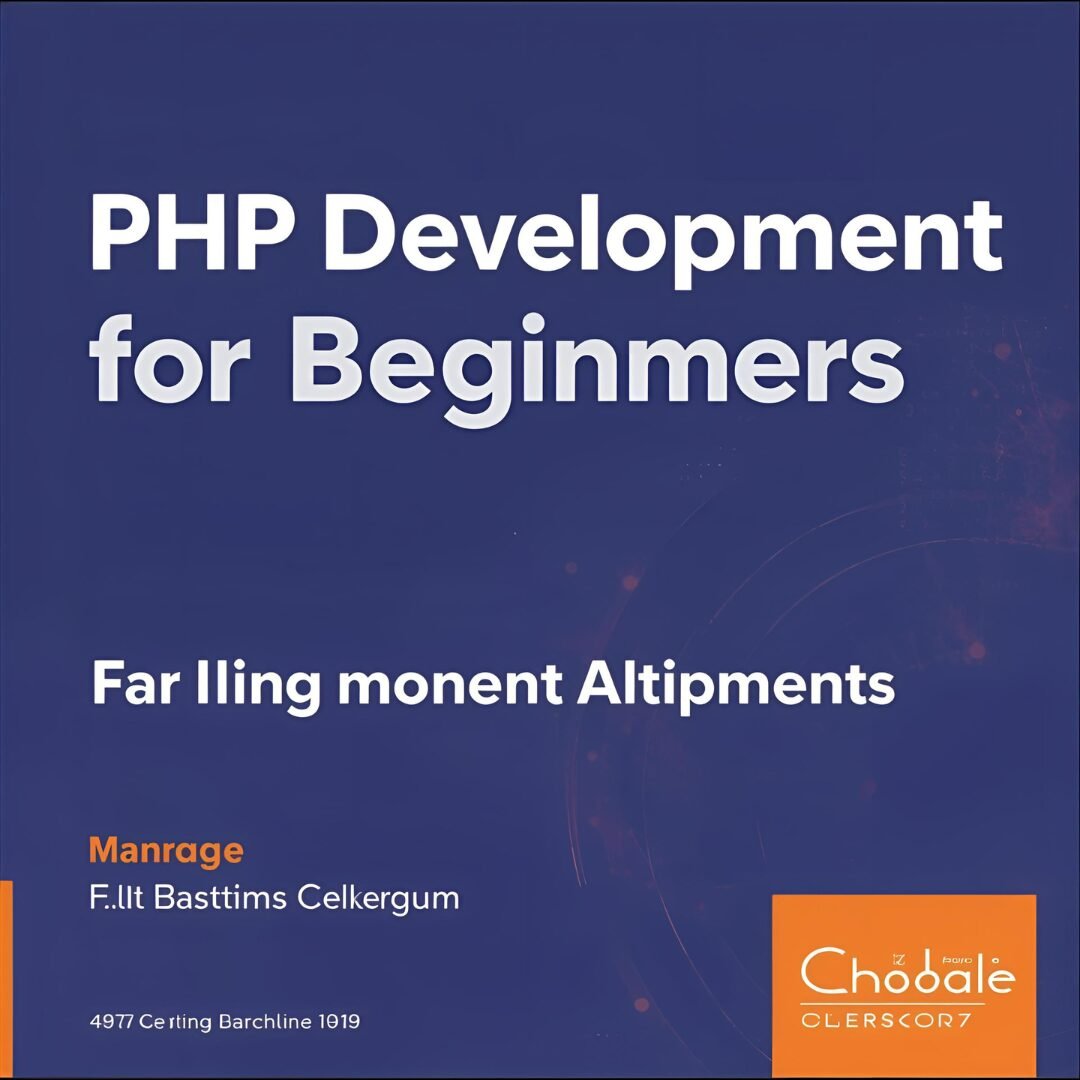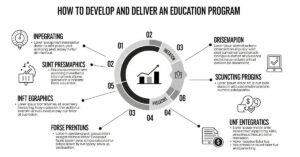PHP programming for newcomers is really the most efficient way into the web programming realm. PHP is the most popular scripting language which is implemented on almost all web applications throughout the globe. It allows developers to create dynamic, interactive and database-connected applications.
If you are a complete beginner, this tutorial will show you the basic concepts of PHP, guide you through the installation of PHP and help you make your first project. Eventually, PHP can be your take off point for a career in the web development field if you keep practicing.
What Is PHP?
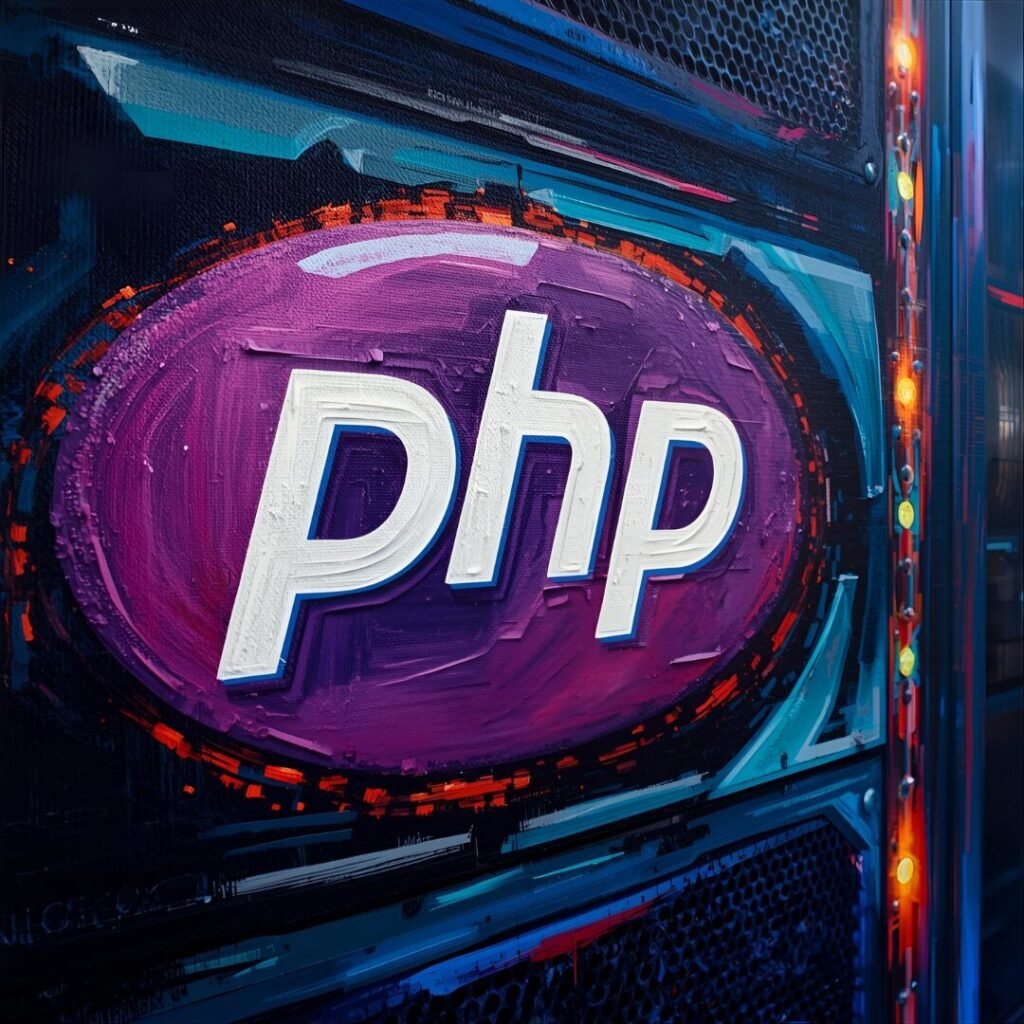
PHP means Hypertext Preprocessor. It is a server-side scripting language which was specially made for internet development. A website made with PHP is dynamic which implies that the site can input data, output user-specific data and exchange information with other software.
PHP is an open-source initiative which is free of charge to anyone who wants to use it and is compatible with the majority of the software. Some of the most popular platforms like WordPress, Facebook, and Wikipedia are products of PHP. The technology goes hand-in-hand with HTML, CSS, and JavaScript; therefore, it is widely used in full-stack development.
| Feature | Description |
| Type | Server-side scripting language |
| First Released | 1995 |
| Creator | Rasmus Lerdorf |
| Popular Use | Websites, CMS, eCommerce |
| Current Version | PHP 8+ |
Setting Up Your PHP Environment

Before starting PHP development for beginners, you must set up the right environment. PHP runs on a web server, so you need software that can execute PHP scripts locally.
The most common tools are XAMPP, WAMP, and MAMP. These packages include Apache (web server), MySQL (database), and PHP in one installation. Once installed, you can test your code in a browser by saving it in the server’s root folder.
Another option is to use cloud-based editors like Replit or CodeSandbox, which let you write and run PHP directly in your browser. However, having a local environment gives you more control and freedom.
PHP Basics Every Beginner Must Know

The foundation of PHP development for beginners lies in understanding its syntax. A PHP script starts with <?php and ends with ?>. Inside this block, you can write code that runs on the server and sends the result to the browser.
Variables in PHP always start with a dollar sign ($). You can store numbers, text, or other data types in them. For example:
<?php
$name = “Alice”;
echo “Hello, $name!”;
?>
This script outputs “Hello, Alice!” to the browser. In addition to variables, you also need to learn about operators, control statements such as if.else, and loops (for, while). These are the blocks in programming using PHP.
Working with Functions

Functions are, at times, a means of organizing your code for reuse. Functions in PHP foster the breaking down of difficult tasks into simpler steps, thus making it a lot easier for the beginner developers. A function is defined in PHP using the function keyword.
For example, here, we declare a function called greet with one parameter, which would be a name to greet with. You can call it many times with different values. Built-in functions in PHP count the characters in a string with strlen() and show the time with date().
Handling Forms and User Input

Nearly all websites gather user information via forms. Mastering the use of forms is central to PHP development for newcomers. PHP simplifies the capturing and processing of user input from an HTML form.
When a form is submitted by the user, the information is posted via the GET or POST. PHP is then able to retrieve this information via $_GET or $_POST variables. As an example, a login form might accept a username and a password, and PHP might verify if they match with values that were previously stored.
Arrays and Strings

The PHP way: PHP supports the use of arrays for storing multiple values under one variable, and strings for manipulating text. These two features are proportional for a beginner PHP developer.
The built-in functions can compute the size of a string, replace certain words, and break strings into smaller tokens. For example, str_replace(“world”, “PHP”, “Hello world”) returns “Hello PHP”.
Introduction to PHP and Databases
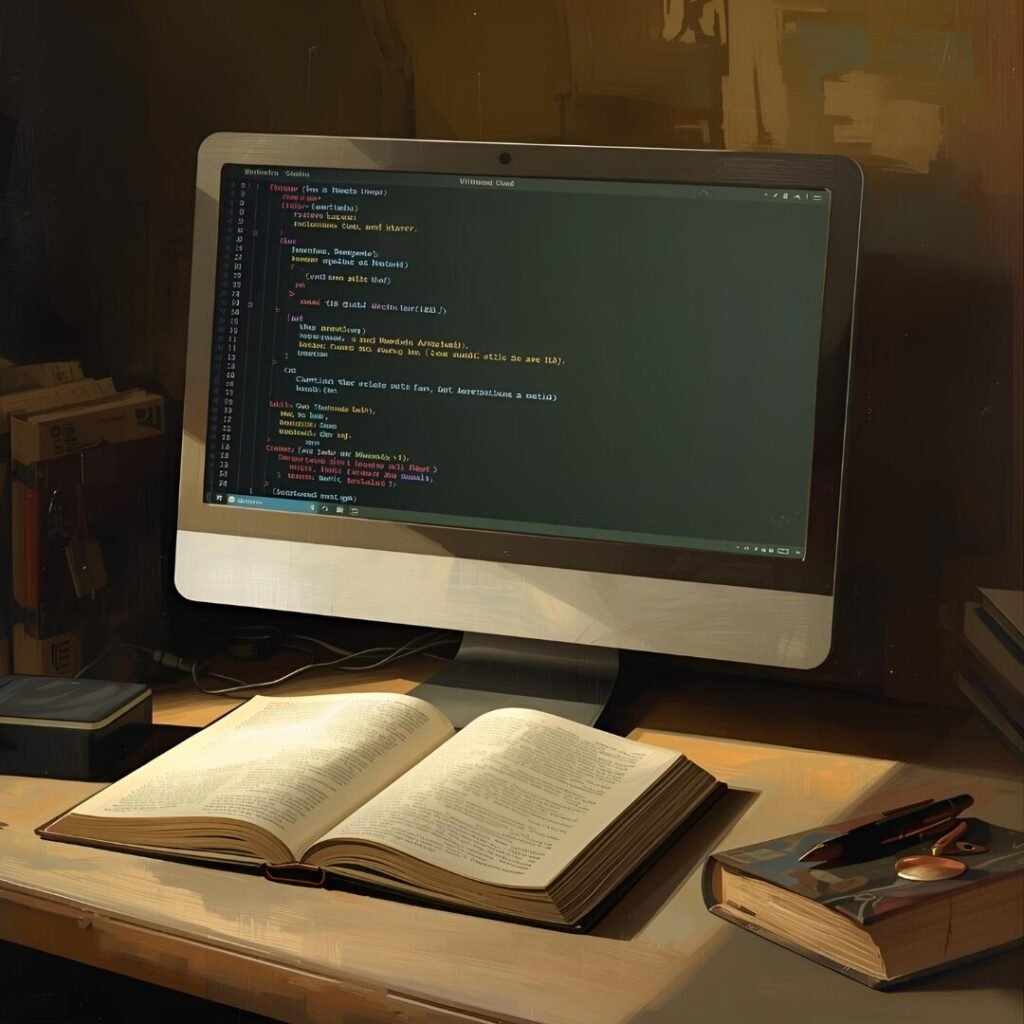
The majority of websites are able to store data and retrieve them from a database. In beginner phases of PHP development, the connection to a database becomes a decisive junction.
In fact, MySQL, a very powerful open-source database, uses PHP. You can invoke connection, run queries, and fetch results using PHP. A straightforward example would be storing user registration details in a database and retrieving them later for login purposes.
| PHP + Database Task | Example |
| Connect to database | mysqli_connect() |
| Run a query | mysqli_query() |
| Fetch data | mysqli_fetch_assoc() |
| Close connection | mysqli_close() |
Error Handling and Debugging

Errors are part of programming. In PHP development for beginners, you must know how to handle them. PHP provides error reporting functions that show issues in your code.
Common errors include syntax errors, warnings, and notices. You can enable error reporting using error_reporting(E_ALL) during development. Debugging tools like Xdebug help trace problems in detail.
Good error handling improves user experience. Instead of showing raw error messages, you can display friendly messages to users and log the details privately. This practice makes your applications professional and secure.
Best Practices for Beginners
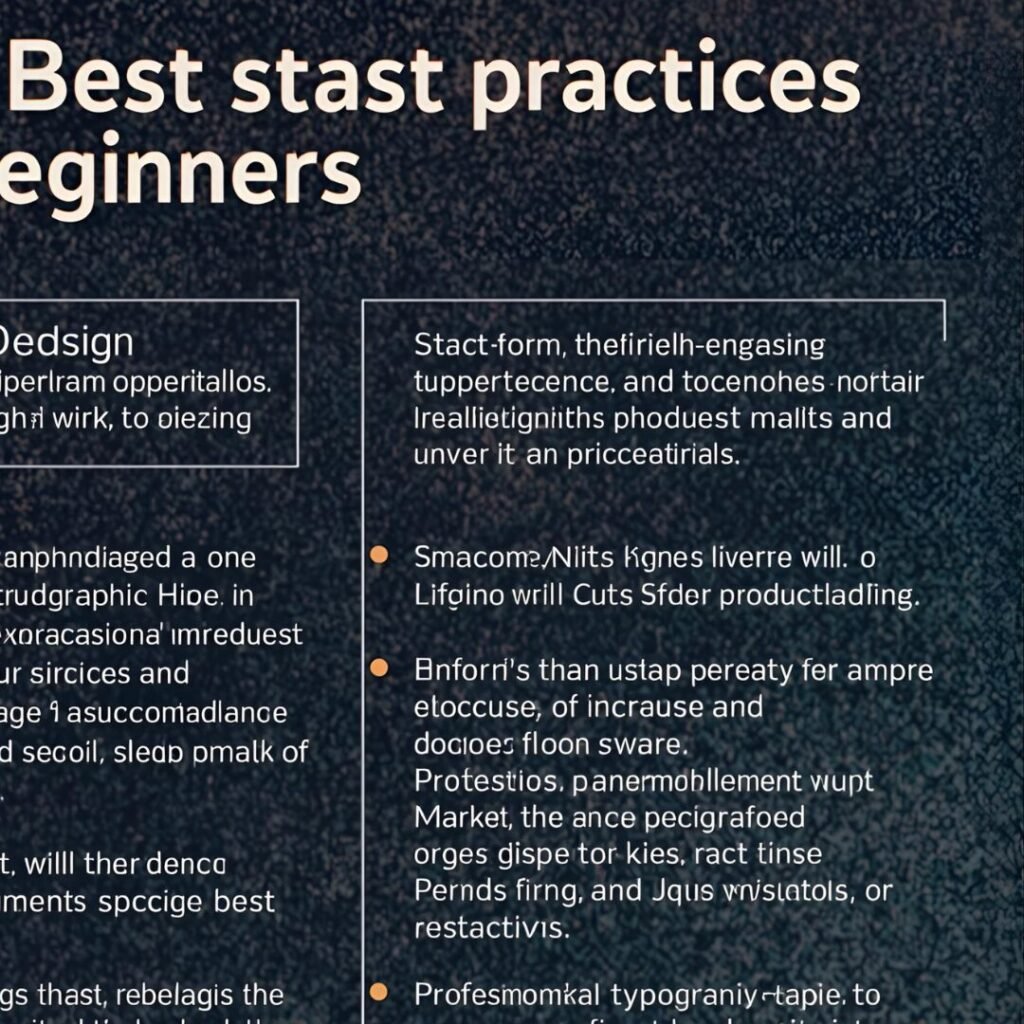
Following best practices is important in PHP development for beginners. Writing clean code ensures it is easy to read, maintain, and scale. Always use clear variable names, add comments, and format code properly.
Security is another priority. Use prepared statements when working with databases, hash passwords, and never trust user input without validation. Also, keep PHP and libraries updated to avoid security risks.
Building Your First Simple Project
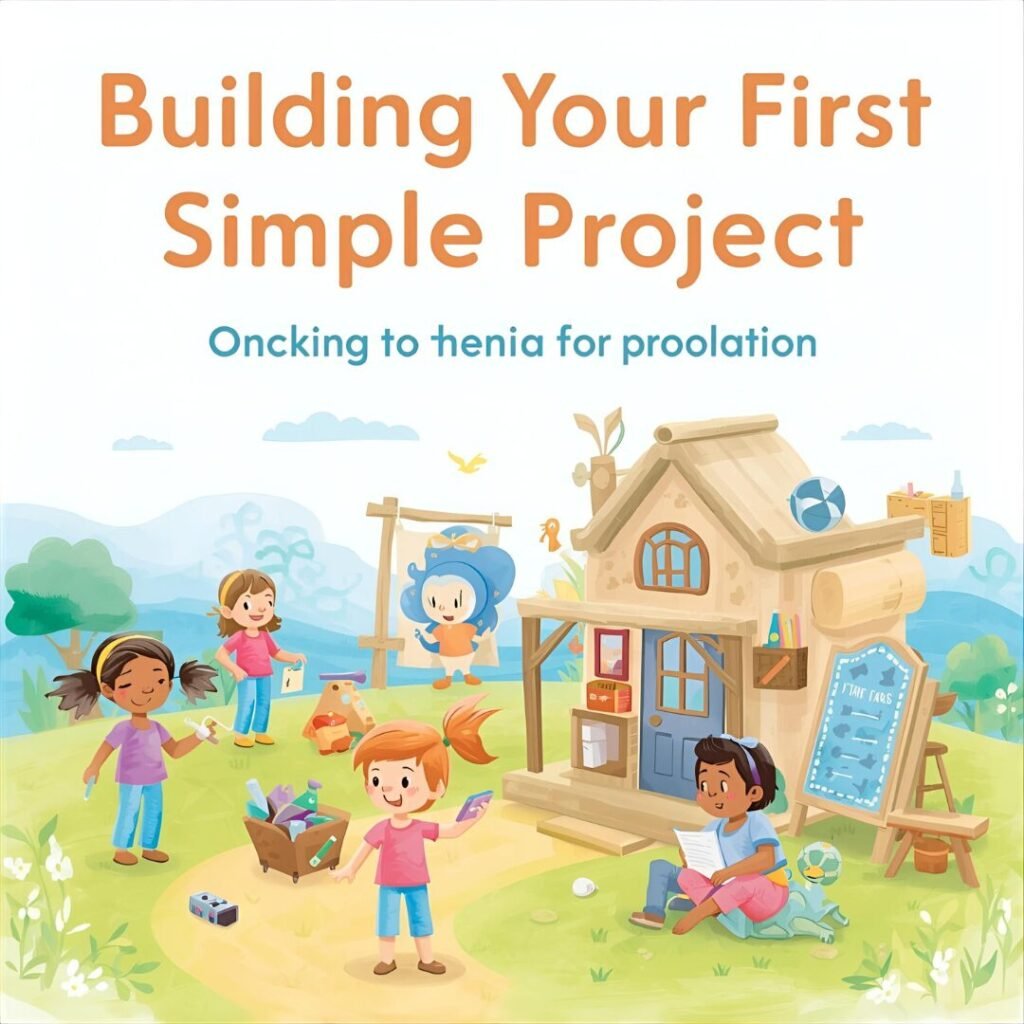
Theory is helpful, but practice is the real teacher in PHP development for beginners. Start by creating a simple project like a contact form or a to-do list app. These projects use forms, functions, arrays, and databases together.
For example, a contact form project can collect a user’s name, email, and message. PHP will validate inputs, save them in a database, and even send an email notification. Small projects help you connect all the pieces of PHP and give you the confidence to build bigger applications later.
Where to Go Next

Once you master the basics of PHP development for beginners, you can move on to advanced topics. Explore object-oriented programming (OOP), learn about frameworks like Laravel or Symfony, and practice working with APIs.
Joining coding communities, reading documentation, and contributing to open-source projects will also help you grow. The more you code, the more skilled you become. PHP is not just a starting point but a skill that can support your long-term career in web development.
Case Study: WordPress and PHP
WordPress, the most popular content management system in the world, is powered by PHP. It runs over 40% of websites globally. Beginners often start learning PHP by exploring WordPress themes and plugins. This real-world use case shows how PHP powers blogs, eCommerce stores, and even large enterprise websites.
PHP and Security Basics

Security is one of the most important parts of PHP development for beginners. Beginners often overlook input validation, which can open doors to hackers. PHP provides filters and built-in functions to help prevent unsafe code from running. Simple habits like sanitizing user input and escaping outputs make a big difference.
Another security step is using prepared statements when dealing with databases. These prevent SQL injection, which is one of the most common attacks on PHP sites. Learning these practices early helps you avoid mistakes that can harm both your site and your users.
learn more : Why PHP is important for websites
PHP and HTML Integration

One of the strengths of PHP development for beginners is how well it works with HTML. You can place PHP code inside an HTML page and make it dynamic. This allows you to show personalized content, create forms that store data, or even build login systems.
When PHP and HTML are combined, the page can respond to user actions in real time. For example, instead of showing the same static text to every visitor, PHP can display content based on user preferences. This integration is what makes PHP so powerful in web development.
FAQ”s
Is PHP good for beginners?
Yes, PHP is one of the easiest programming languages to learn, making it perfect for beginners.
Do I need to know HTML before PHP?
Yes, having a basic knowledge of HTML helps because PHP works closely with it.
Can PHP be used for mobile apps?
PHP is mainly for web development, but it can also power backends for mobile apps.
What is the difference between PHP and JavaScript?
PHP is server-side, while JavaScript is client-side. Both work together for modern websites.
Is PHP still relevant in 2025?
Yes, PHP remains popular due to its role in powering CMS platforms and large websites.
Conclusion
PHP development for beginners is the gateway to web programming. It is simple, flexible, and highly useful for creating dynamic websites. By learning the basics, setting up your environment, practicing with functions and databases, and following best practices, you can quickly start building real projects. Once you gain confidence, you can explore advanced PHP and frameworks to grow further. With steady practice, PHP can open doors to a successful career in web development.

